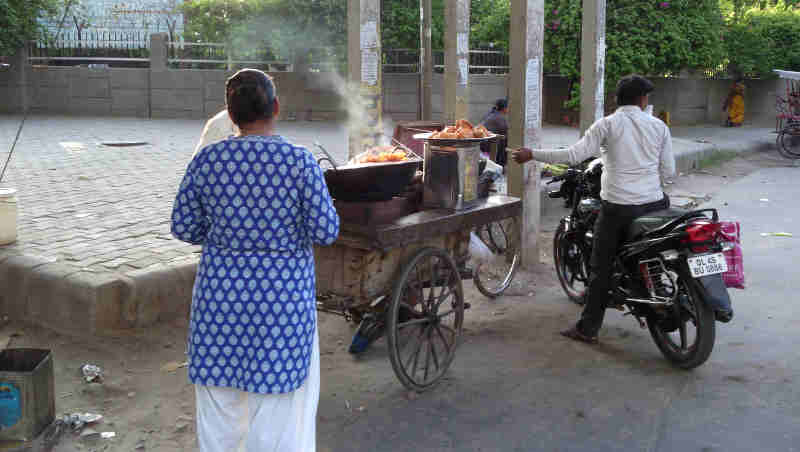ILO Reports Impact of Covid Pandemic on Employment

The Covid-19 crisis has also impacted productivity, workers and enterprises in ways that have led to greater disparities.
The loss of working hours in 2021 because of the Covid-19 pandemic will be significantly higher than previously estimated, as a two-speed recovery between developed and developing nations threatens the global economy as a whole, says the International Labour Organization (ILO).
The ILO is now projecting that global hours worked in 2021 will be 4.3 per cent below pre-pandemic levels (the fourth quarter of 2019), the equivalent of 125 million full-time jobs. This represents a dramatic revision of the ILO’s June projection of 3.5 per cent or 100 million full-time jobs.
The eighth edition of the ILO Monitor: COVID-19 and the world of work released on October 27 warns that without concrete financial and technical support, a “great divergence” in employment recovery trends between developed and developing countries will persist.
In the third quarter of 2021, total hours worked in high-income countries were 3.6 percent lower than the fourth quarter of 2019. By contrast, the gap in low-income countries stood at 5.7 per cent and in lower-middle income countries, at 7.3 per cent.
From a regional perspective, Europe and Central Asia experienced the smallest loss of hours worked, compared to pre-pandemic levels (2.5 percent). This was followed by Asia and the Pacific at 4.6 percent. Africa, the Americas and Arab States showed declines of 5.6, 5.4 and 6.5 percent respectively.
According to ILO, this great divergence is largely driven by the major differences in the roll-out of vaccinations and fiscal stimulus packages. Estimates indicate that for each 14 persons fully vaccinated in the second quarter of 2021, one full-time equivalent job was added to the global labour market. This substantially boosted the recovery.
Globally, losses in hours worked – in the absence of any vaccines – would have stood at 6.0 percent in the second quarter of 2021, rather than the 4.8 percent actually recorded.
However, the highly uneven roll-out of vaccinations means that the positive effect was largest in high-income countries, negligible in lower-middle-income countries and almost zero in low-income countries.
These imbalances could be rapidly and effectively addressed through greater global solidarity in respect of vaccines. The ILO estimates that if low-income countries had a more equitable access to vaccines, working-hour recovery would catch up with richer economies in just over one quarter.
“The current trajectory of labour markets is of a stalled recovery, with major downside risks appearing, and a great divergence between developed and developing economies” said ILO Director-General Guy Ryder. “Dramatically, unequal vaccine distribution and fiscal capacities are driving these trends and both need to be addressed urgently.”
Fiscal stimulus packages continued to be the other key factor in the trajectories of recovery. However, the fiscal stimulus gap remains largely unaddressed, with around 86 percent of global stimulus measures being concentrated in high-income countries. Estimates show that on average, an increase in fiscal stimulus of 1 percent of annual GDP increased annual working hours by 0.3 percentage points relative to the last quarter of 2019.
The Covid-19 crisis has also impacted productivity, workers and enterprises in ways that have led to greater disparities. The productivity gap between advanced and developing countries is projected to widen from 17.5:1 to 18:1 in real terms, the highest recorded since 2005.




